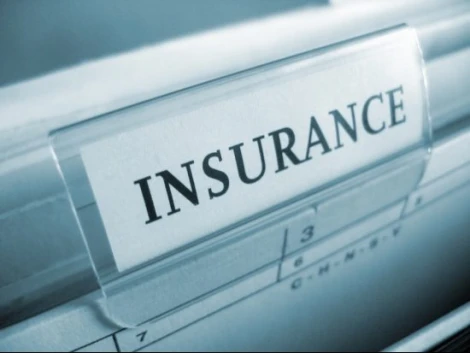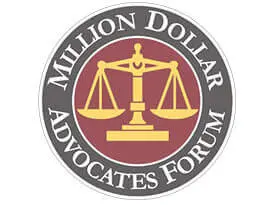
Being involved in an automobile accident is typically a stressful experience. Not only because of the accident itself, property damage, possible injuries, and overall hassle – but dealing with insurance companies afterwards as well. The average person speaks to a representative from their auto insurance company only when signing up for or changing coverage, which is not a frequent event. So speaking to them after an accident can be intimidating and stressful.
Many people have the belief that an accident automatically means higher insurance rates. But that’s not always the case. A variety of factors are considered by an insurance company when policies are due for renewal. Below are a few of the considerations insurance policy adjusters take into consideration when reviewing a policy:
- Driver history. Let’s face it, car insurance companies value safe drivers because it benefits the company’s bottom line. But company loyalty is also a significant factor. If a driver has an accident, the insurance company will consider their entire driving history to rate them high or low risk. If a person has been involved in numerous accidents, or received numerous traffic citations, they are considered a high-risk driver – which is likely to leave them with a higher chance of rate increase. Low-risk drivers are those who have few citations or accidents on their record. Even if you have an accident, having a positive driving history can prevent your rates from increasing.
- The seriousness of accident(s). Auto insurance companies see all types of accident claims – some with significant damage and personal injury, others with a simple broken windshield. The more significant a claim, the higher the possibility of rate increases.
- Who was at fault? If you’ve been involved in an accident that was not your fault, it’s unlikely your rates will be raised. Even if you claim against your own policy due to an uninsured or underinsured at-fault party, or if the at-fault driver flees the scene of the accident, an accident report showing your lack of fault is beneficial to you. The opposite also applies, though. If you are found to be at-fault for driving recklessly or while impaired, an increase in your insurance rate is almost guaranteed – sometimes insurers will drop your policy entirely.
- Policy add-ons and specifics. Some insurance companies offer products such as accident forgiveness, which allows a driver to file one or more smaller claims with a guarantee that their rate will not be affected. These add-on products are used by insurance companies to stay competitive in the market, but may cost extra with some companies. And many accident forgiveness products are subject to certain conditions – so review your policy frequently to stay up-to-date.
There are many factors involved with insurance rates and policies following accidents. A crash by no means automatically leads to a rate increase. Unfortunately, many drivers choose not to pursue claims because of their fear of rate increases. This fear shouldn’t hinder you from seeking legal representation for your rights following a crash. As personal injury attorneys, it’s our job to make you aware of your options after an accident, including the specifics and details of your insurance policy. Call us today at 770-427-5498 to discuss your possible claim.










